In our Rayonier Graduates series, we’re talking to recent Forestry College graduates who now work for Rayonier. In this story, Brody Capps shares how he chose forestry and why college was like “forestry boot camp” at Stephen F. Austin State University.
LUFKIN, Texas—Rayonier Technical Forester Brody Capps grew up loving the outdoors, but he didn’t know how to make it into a career—until his career found him through an after-school job.
His mom had heard from a coworker that a land management company was looking to hire. Brody, a high school sophomore at the time, applied for the job and was soon spending his nights, weekends and summers working on properties across Texas and even out-of-state.
“We did a lot of forestry work, habitat management, timber sales, bush-hogging, setting up food plots, supervising logging crews,” Brody recalls. “It was very satisfying work. I knew then I wanted to do this for a living.”
He loved the time outdoors, but he also loved the business side of the work, the problem solving, and seeing the impact good land management can have on a property.
By the time he graduated, Brody had his sights on a career in forestry. Lucky for him, one of the best forestry schools in the country was in his hometown: Stephen F. Austin State University’s Arthur Temple College of Forestry & Agriculture.
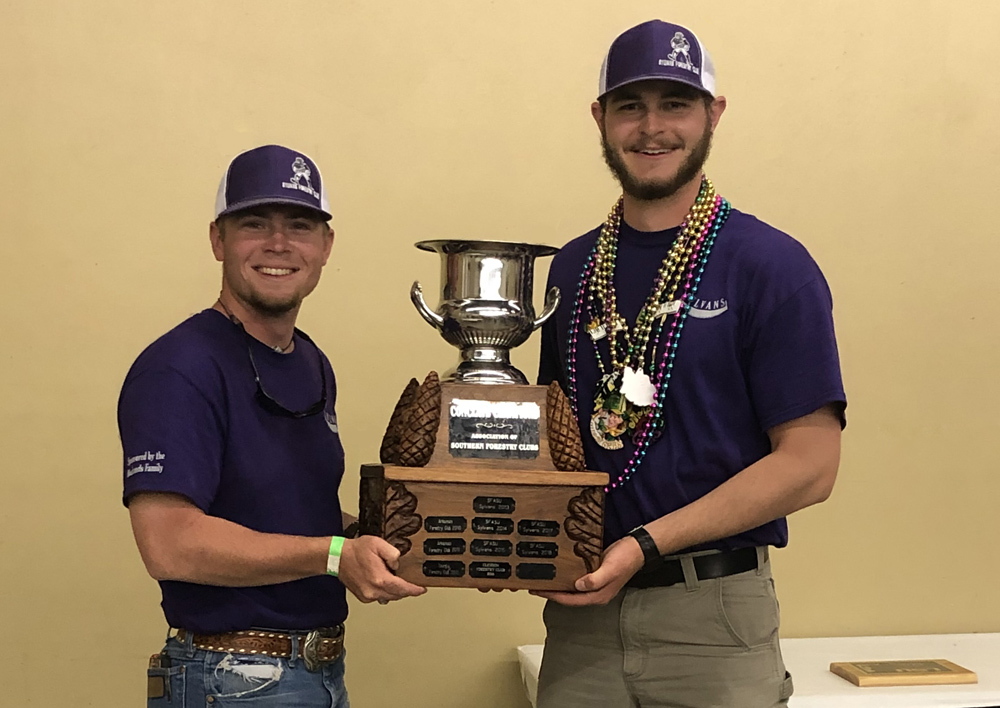
Always Somewhere to Go in Forestry School
In order to truly learn the forestry profession, you have to spend a lot of time in the forest, and that’s just what Brody’s classes did.
Almost every class he took had a lab component, which required students to spend 3-4 hours at a time in the forest each week.
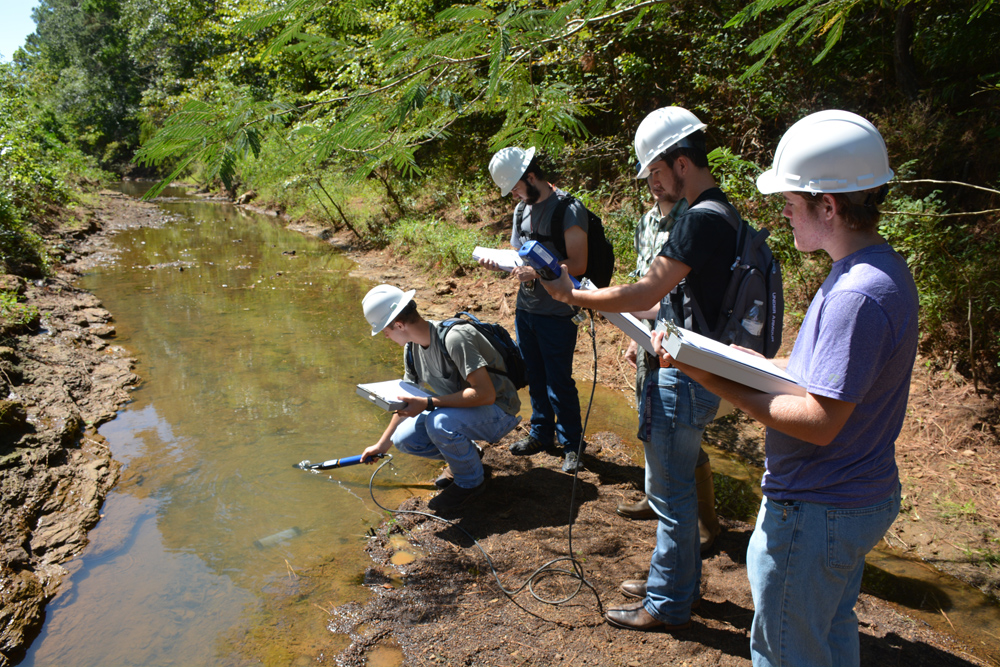
“SFA has its own arboretum and forests, and it’s close to 1000s and 1000s of acres of national forests,” Brody says. “We always had somewhere to go.”
Students also traveled to view different types of forests throughout Texas. One of his wildlife classes alone, habitat management, covered a large portion of the state, including Chocolate Bay on the Gulf Coast, Del Rio near the Mexican border, and a South Texas Wildlife Ranch.
A Technical Report Every Week
But Forestry School is by no means easy. The work can be intense.
“It was the classroom portion of the work that blew my mind,” Brody says. “We easily had a technical report due once a week for most classes, writing out reports on the topics of the week. That really helped me develop my skills with writing, grammar and Excel.”
Classes included topics like silviculture, which is managing a forest for timber production; forest ecology, which is the study of forest ecosystems; biometrics, which is the math applied to forests to quantify, for example, the volume of a group of trees; and dendrology, a scientific study of tree species.
“I really liked dendrology,” Brody says. “It seemed horrible at the time, learning all the plant species in Texas by their scientific and common names. But now I use what I learned in that class every day.”
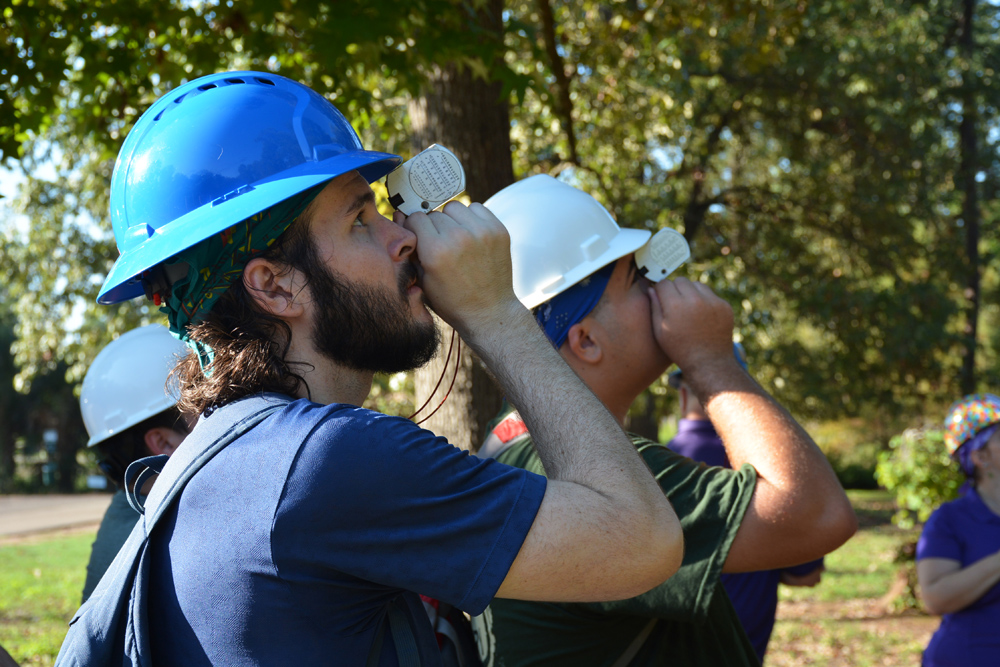
Forestry “Boot Camp”
At SFA, forestry students take a 6-week summer course called “Field Station.”
“Each week covers a different subject. We’d often work in the field from dark to dark each day, and then a report would be due the next day. We’d work in the lab until midnight. It’s kind of like Boot Camp,” Brody recalls.
“I spent the night in the lab several times, especially when we had to create Intensive Management Plans for properties. Those were really challenging.”
But there was still time for fun.
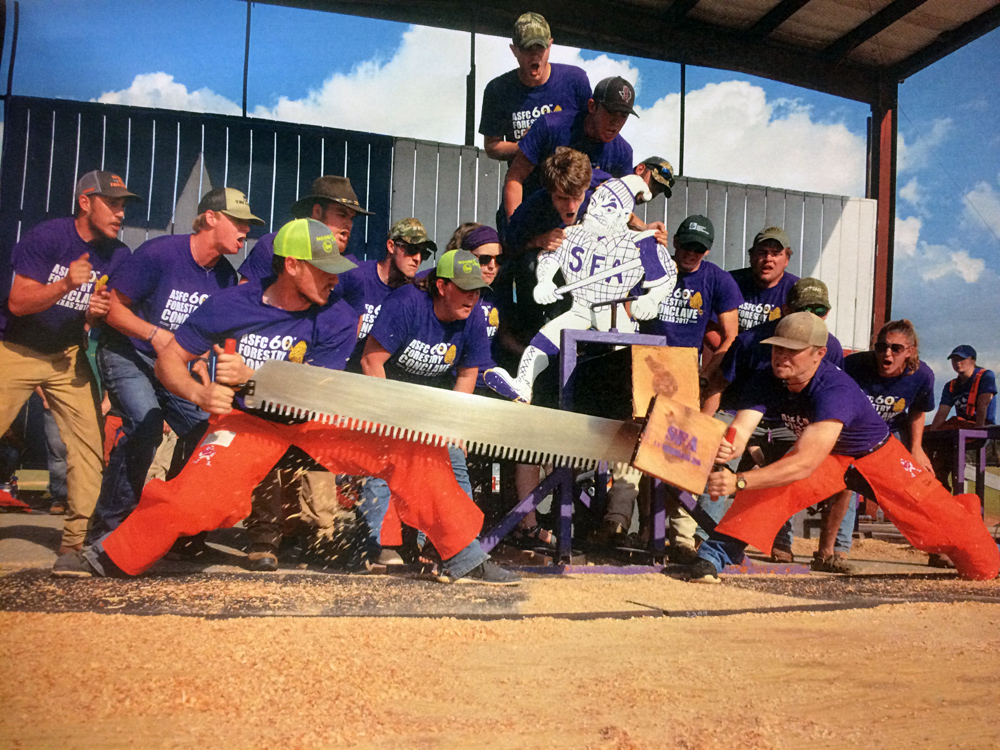
SFA doesn’t take its winning record in Forestry Conclave competitions for granted. In free time, students like Brody enjoyed training for the competition that brings numerous forestry colleges together for traditional lumberjack-style games. Some of the challenges are technical, like photogrammetry (examining and interpreting aerial photos) and compass and pacing (using a compass and chain to locate a specific point). Others are physical, like the axe throwing competition, crosscut sawing and log rolling.
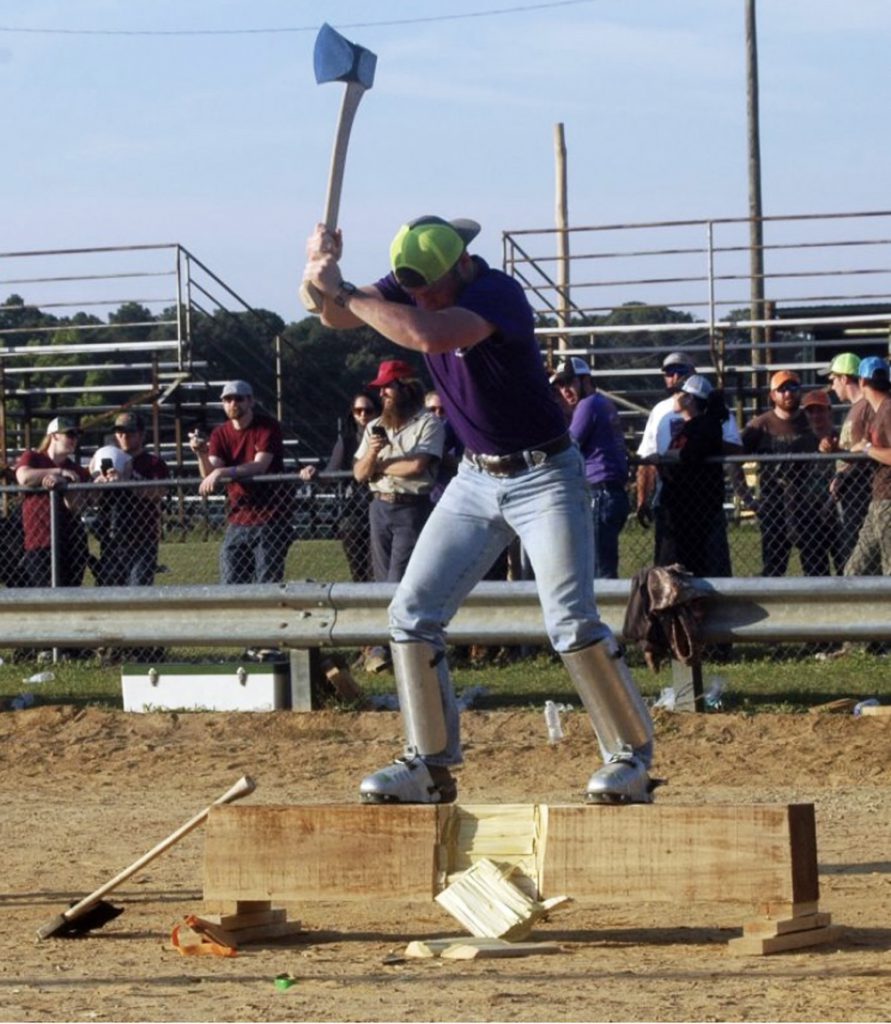
An Internship with Rayonier
In the summer between his junior and senior years, Brody applied for an internship with Rayonier.
“By the summer’s end, I was cruising timber by myself, and I was helping the team with other important forestry activities. They gave me a lot of responsibility. I really liked the people and the work.”
In fact, Brody says, Rayonier was the only company he applied to as college was coming to a close. He got the job and didn’t waste a single day between college graduation and beginning his career with Rayonier.
Advice for Future Forestry Students
Brody says students considering a forestry major should first make sure of one thing: that they love the outdoors. His advice after that is to keep your options open by choosing a degree with many career options.
“I graduated with a forestry and wildlife degree. That way you can go into either field and you have a lot of options,” he says. “The people I graduated with aren’t just working in forestry. They also work in recreation, as park rangers, on wildlife ranches.
“I met some of my best friends in forestry school. The classes were small, and we’re all still in touch, including with the professors. It was a ton of work, but it was worth it.”
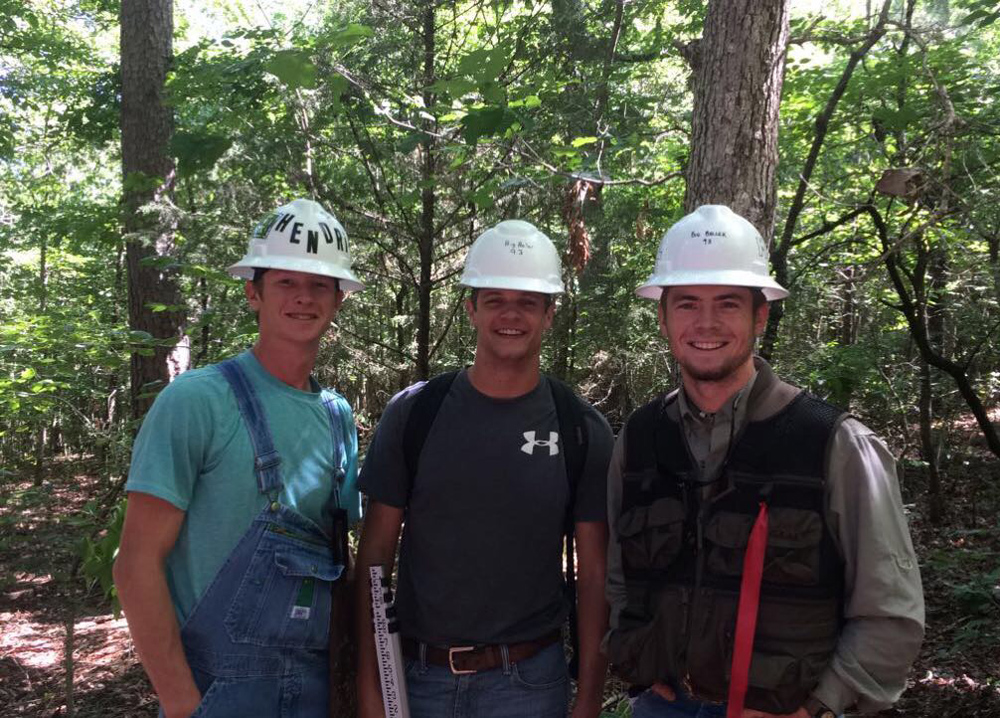






Join the Conversation
I graduated from Auburn University with a degree in Forest Management in 1982. It was a tough curriculum and I can relate to Brody. I also competed in crosscut sawing at Conclave against SFA and they are tough!! Congratulations on your new career!!
Yes it is tough and rewarding! SFA has been a force to be reckoned with at Conclave for decades. Thanks for sharing, Ralph!